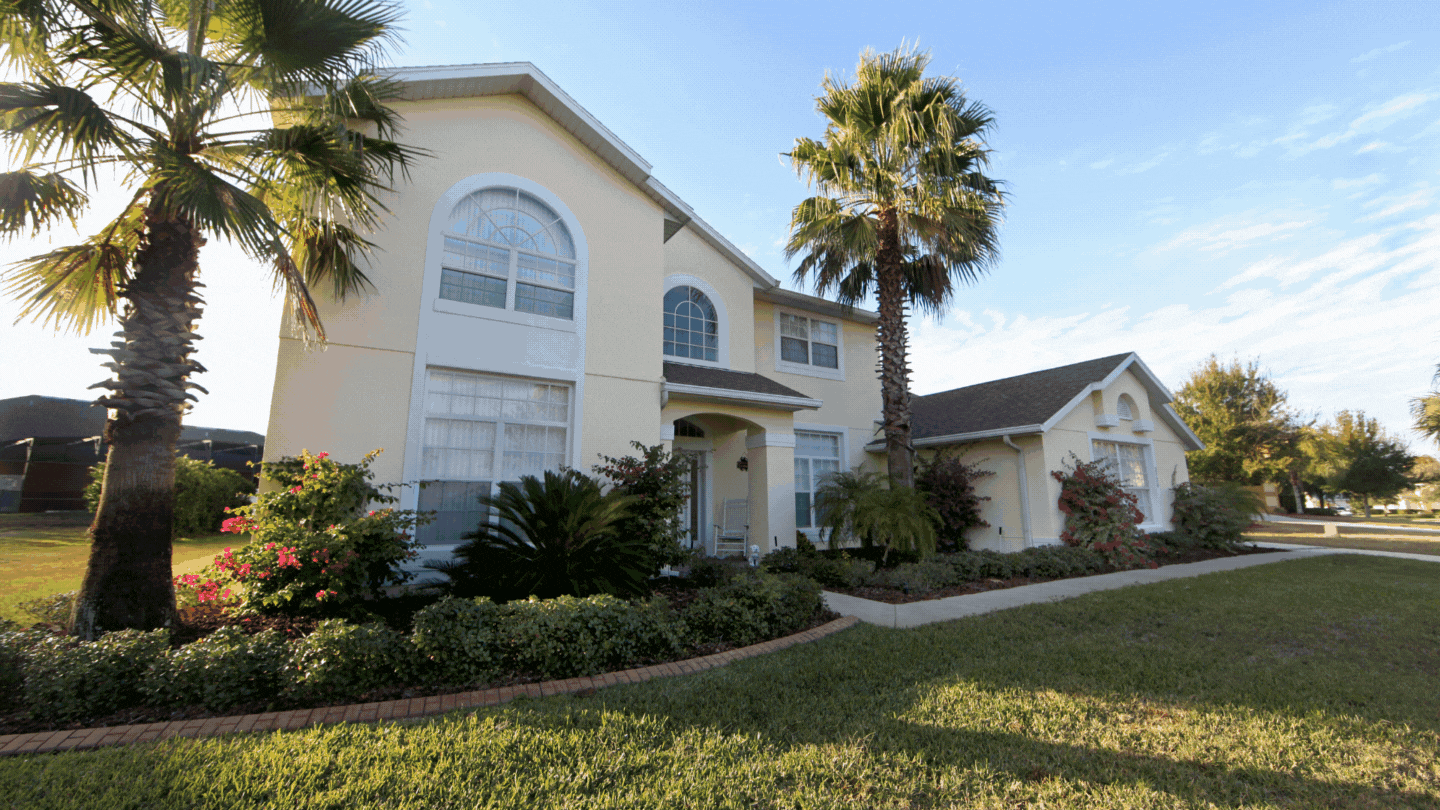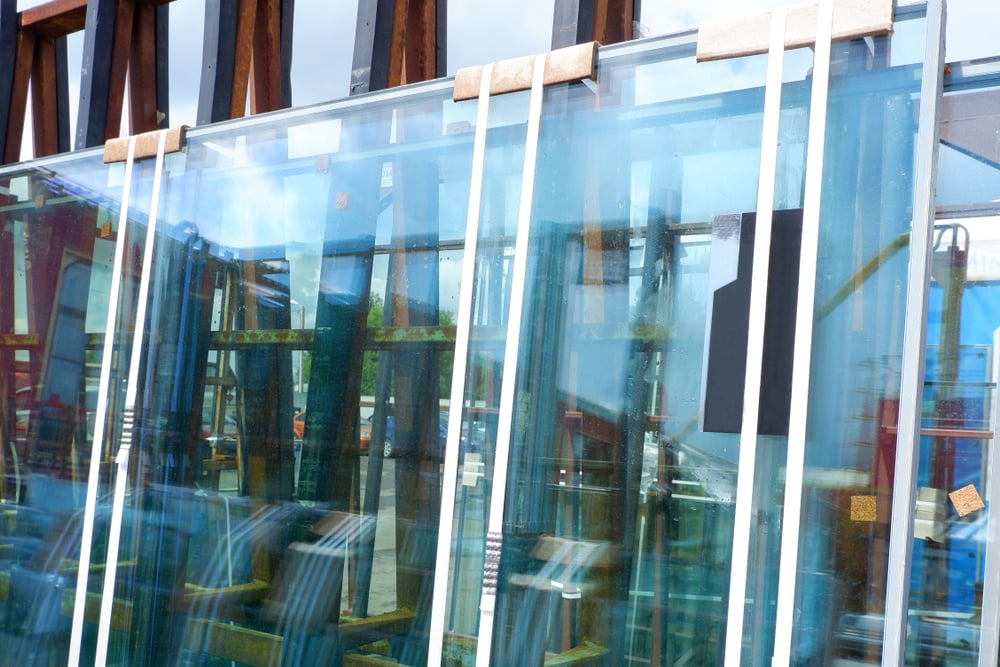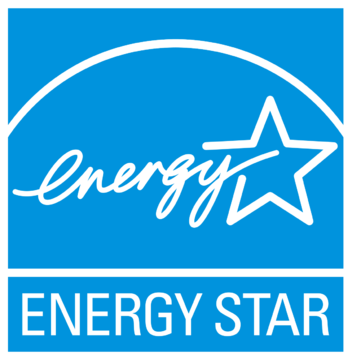Windows are vital in providing your home with natural light. Sunlight makes your house feel warm and protects you from suffering from health disorders associated with a lack of vitamin d.
However, during summer, your windows may bring in more light than you need or lose excessive heat during winter. In these cases, Low- E glass can be a valuable option in improving the thermal performance of your window, making your home and life more comfortable.
Over the years, Low-E impact windows have become a great favorite among contractors and homeowners in Miami. Here's why.
Access More Tips & Tricks JUST for Miami Homeowners:
- Live in Miami? Why You Should Avoid Insulated Glass Windows
- Why an Impact Window's Glass Strength Is a Secret Purchasing Insight
- Impact Windows vs. Accordion Shutters: What's Best for Miami Residents?
What Is Low–E Glass?
The E in Low-e stands for emissivity. Emissivity is the glass's ability to emit radiant energy. This type of glass contains a transparent, microscopic coating that emits negligible amounts of radiant energy.
The coating allows shortwave rays to pass through the glass but blocks ultraviolet and infrared light.
Types of Low-E Coatings
Whether it's new construction or window replacements, it's essential to choose the most energy-efficient windows you can afford.
Depending on your climate, you may either choose passive Low-E coating or solar control Low-E coating. Passive Low-E coating, also known as Hard Low-E, is applied at a very high temperature and sprayed onto the surface, forming a hard bond on the glass. This coating allows some sun's shortwave radiation to pass through the glass, which helps to heat your home during winter.
Soft Low-E, also referred to as solar control Low–E coating, is applied at room temperature to a pre-cut glass section. It offers UV protection and reflects heat from the space back inside instead of allowing it to leak outside. As the name suggests, the latter remains rather delicate.
Benefits of Low-E Windows
Here are some key features of Low-E glasses that make them superior to regular glasses:
1) Improved Energy Efficiency
According to the U. S. Department of Energy, approximately 30% of a home's energy loss occurs through openings such as windows and doors. About 90% of the energy lost through windows happens through the glass. For such a minor element of the housing, that is large amounts of energy lost.
Low-E windows are energy-efficient windows that will help you reduce the heat loss of your home. Therefore, your home's heating process will not be working as hard to cool your spaces. Besides reducing heat loss during winter, Low-E glass will help you prevent heat gains, sparing your cooling system from working too hard.
2) Less Damage from UV Rays
Do you ever wonder why the textiles near your window fade away? More than likely, fading is because of prolonged exposure to UV rays from the sun. It turns out that protecting fabrics is key to their long-term lifespan. The good news is that Low-E glass does just that. As mentioned earlier, Low-E glass windows block longer waves of the sun, including UV rays.
3) Reduced Condensation
Are your windows' sweating' or fogging up whenever there is a temperature change? Low-E glass helps you bring this problem to an end. This phenomenon is called condensation and is caused by excessive amounts of humidity in your home. As the temperature outside your home drops, so does the temperature of your window.
As a result, when the warm air in your house comes into contact with the cold panels, condensation occurs. While this is a common problem, it does not mean that you must deal with it all the time. Low-E glass, by its thermal effectiveness, may reduce the likelihood or even eliminate window condensation.
3) Increased Window Durability
The Low-E coating on the window glass, albeit microscopic, can extend the lifespan of your window. By improving the insulation qualities of your window, it can withstand extreme weather for an extended period.
There are additional benefits of upgrading to impact windows. You can minimize cost with Low-E glass windows. Cooling and heating consume a lot of energy, which translates to higher costs of living. With increased energy efficiency inherent to Low-E windows, you save more money and keep your home comfortable without relying on heating and cooling systems.
Drawbacks to Consider
Low-E glass panels are relatively more expensive than the uncoated standard toughened glass. However, the extra cost comes with many advantages that standard uncoated glasses don't offer.
Under some conditions, Low-E glass can appear to have a natural haze, noticeable when in contact with direct sunlight. Since this characteristic is not in standard glass panes, you may be concerned the glass is dirty or defective when it is not.
What Alco Recommends
Not all Low-E windows are the same. Depending on the performance intended, you will find Low-E glass combined with multiple panes of glass and gas fills such as argon gas for increased insulation.
Alco recommends Low-E glass that contains laminated impact glass and highly discourages you from getting insulated glass options. This is the best option for Miami residents!
Choosing the Right Installer: Alco Windows and Doors
Low-E glass is undoubtedly a remarkable technology designed to solve thermal issues in your home. To reap the full benefits of Low-E glass windows, it is best to ensure that the windows are made from high-quality materials and installed by professionals.
Alco Windows and Doors is a family-owned and operated business offering top-notch services throughout Miami and South Florida. We have over 30 years of combined experience in the impact window and door industry, and we can help you choose the best Low-E glass windows for your home.
Contact Alco Windows and Doors today to learn more about installing Low-E glass windows.



.gif?width=1024&name=Learn%20More%20(1).gif)


 License # CGC1526312
License # CGC1526312
Leave a Reply